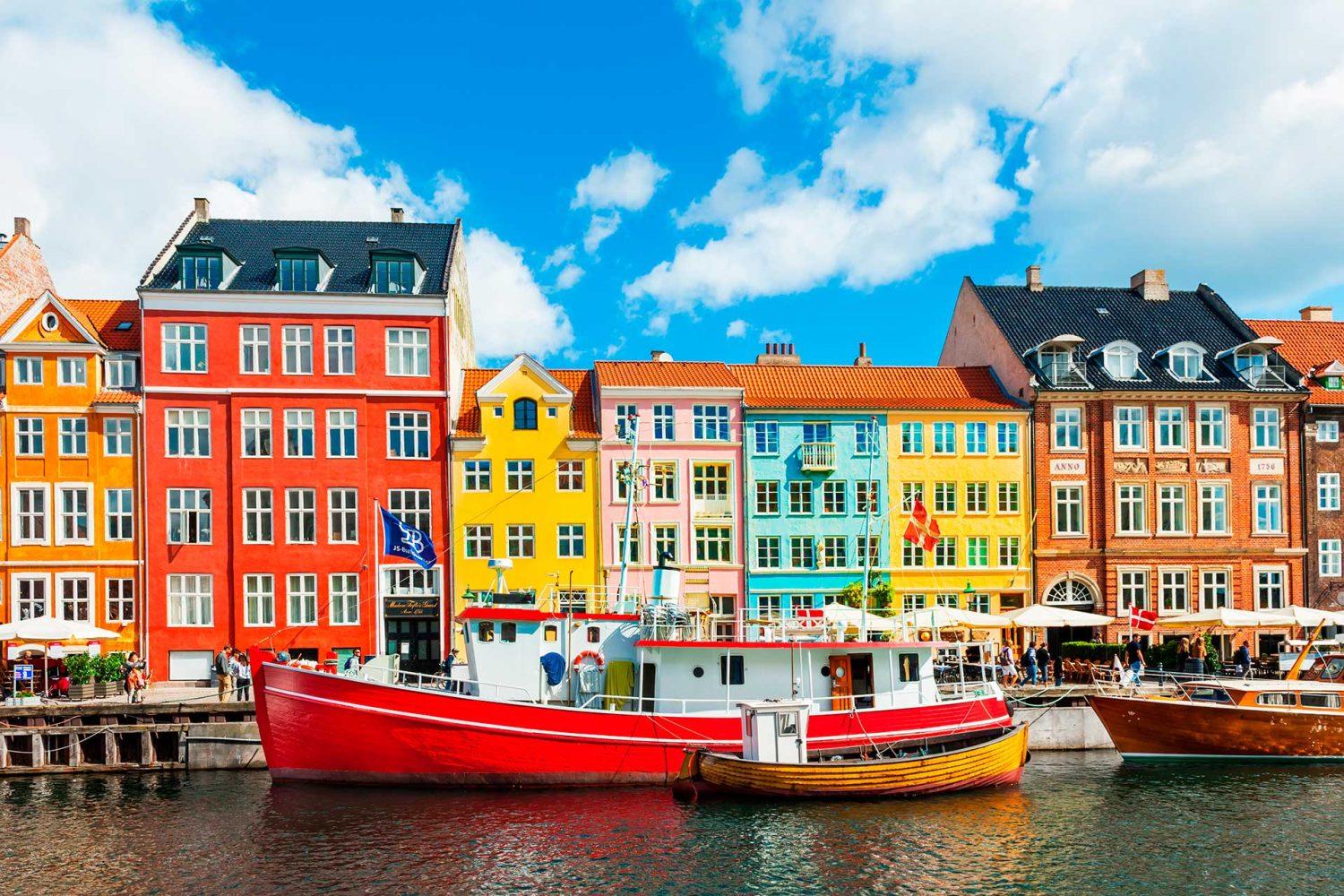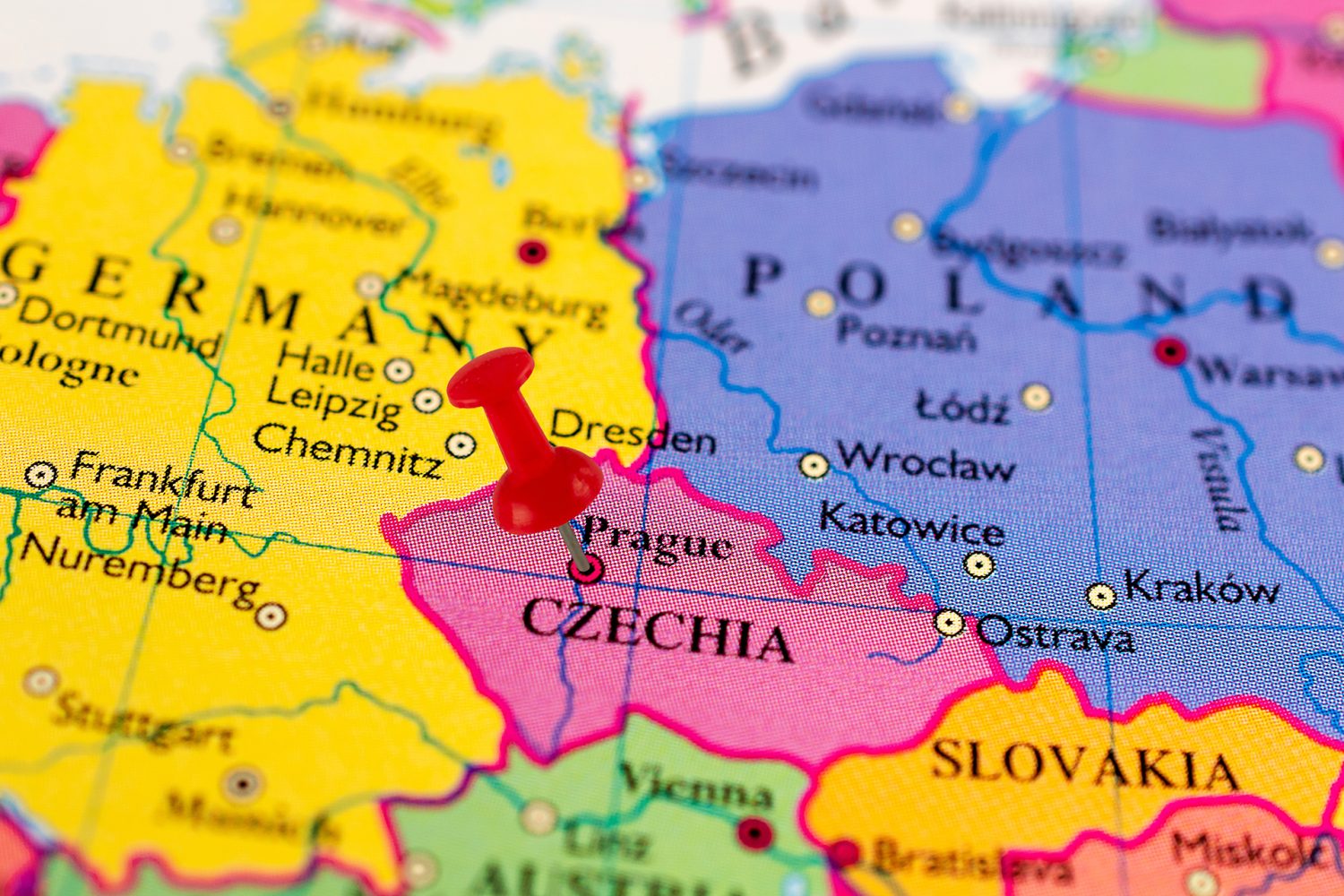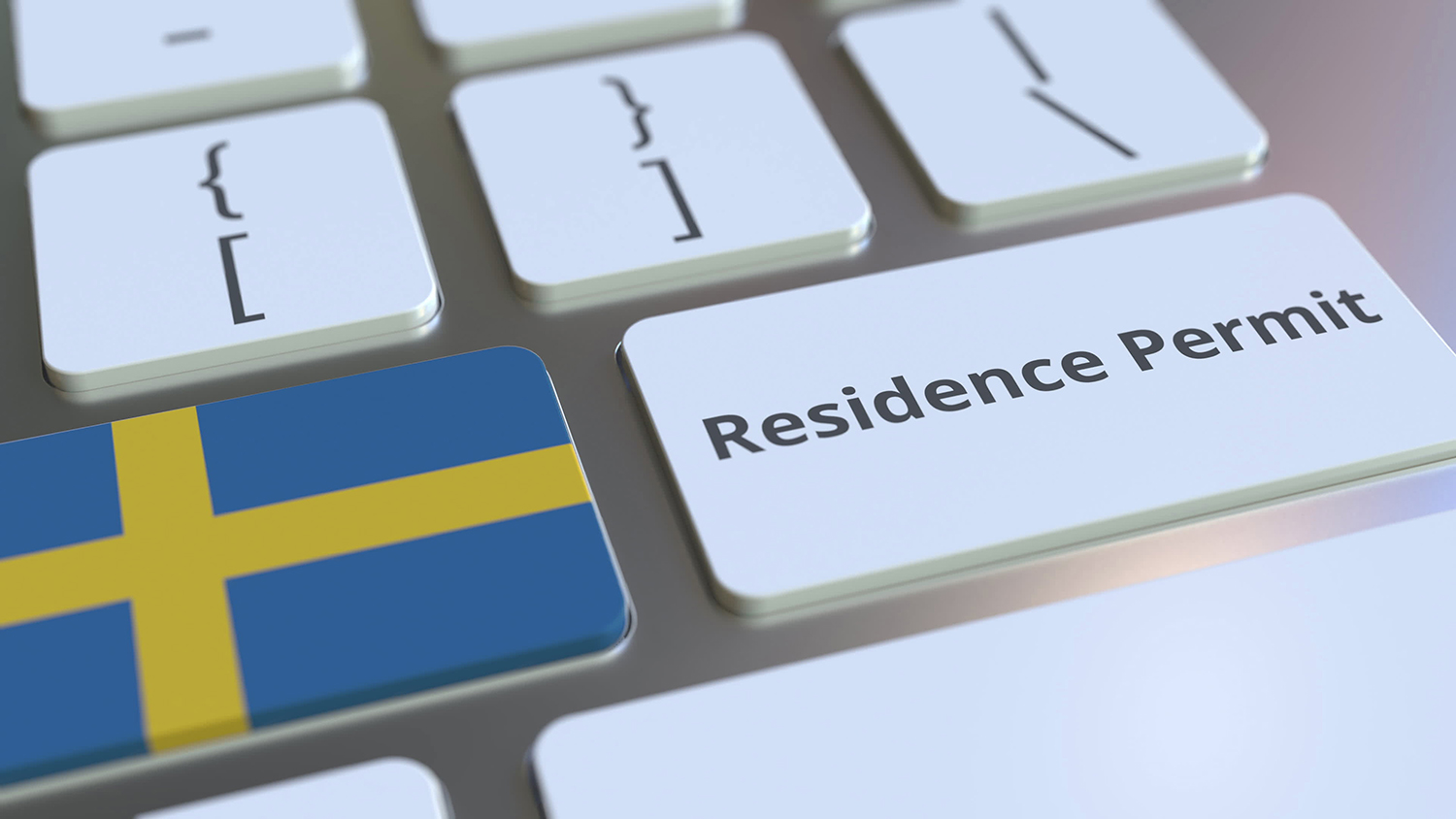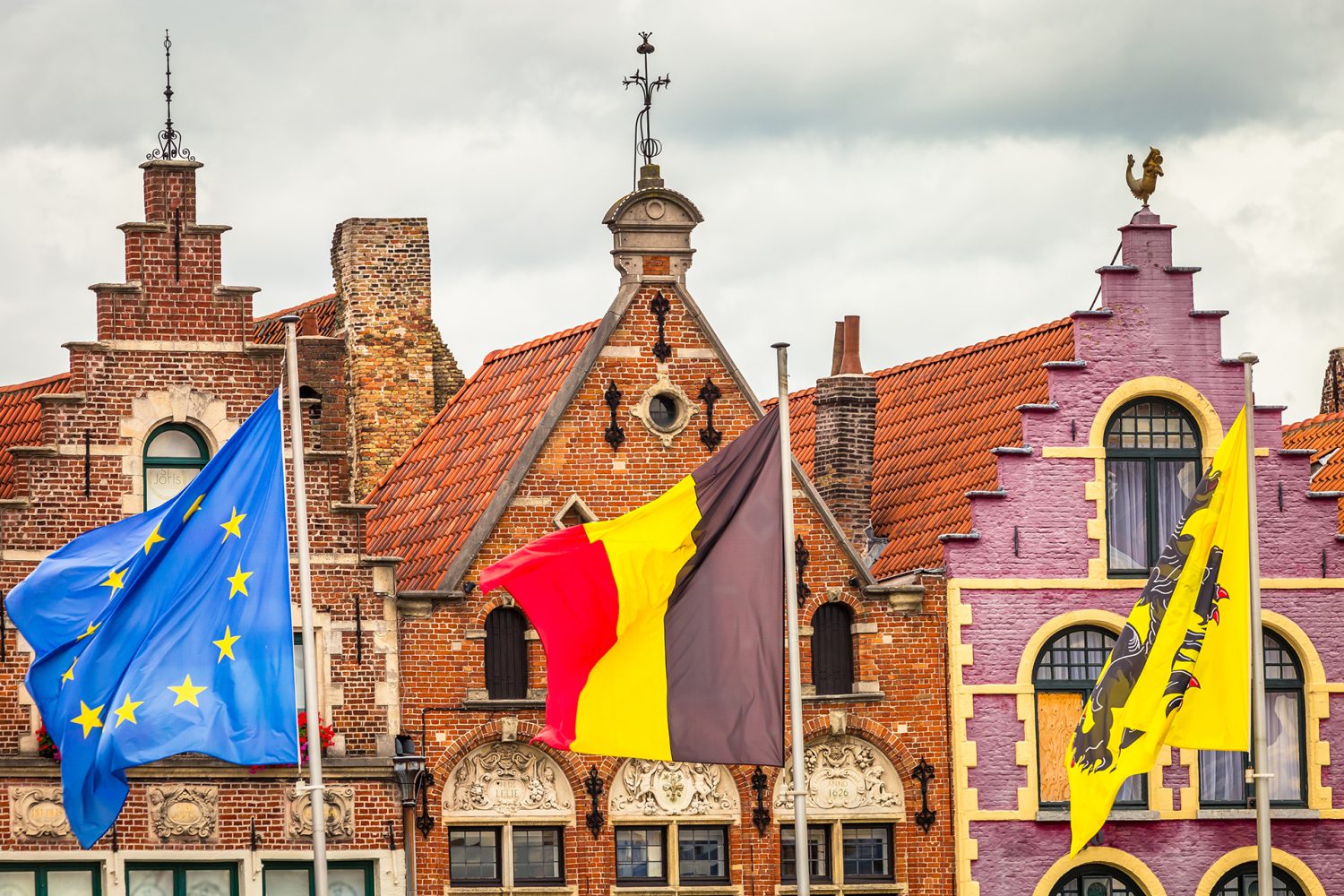
Diana Weber
Lawyer of international law
Rating:
21
February
How to Get Danish Citizenship and Passport in 2026: A Complete Guide
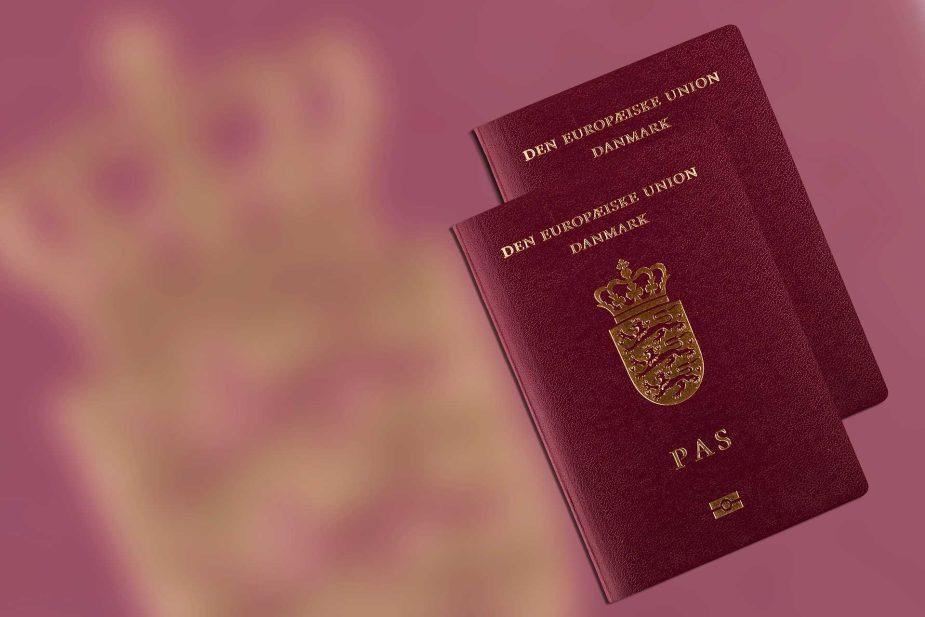
Denmark is a developed Scandinavian country with a high standard of living, a stable economy, and one of the world's most well-functioning social systems. It is no surprise that Danish citizenship is in high demand among immigrants. Holders of a Danish passport automatically become citizens of the European Union, granting them extensive rights, including free movement, employment, education, and business opportunities in any EU country. Additionally, Danish citizens can travel to 175 countries worldwide, including the USA, the UK, and Canada, without a visa or through a simplified procedure.
Danish citizenship can be obtained in several ways: by birth, descent, naturalization (either simplified or standard), or by restoring lost citizenship. However, Denmark follows a strict immigration policy: to qualify for naturalization, applicants must reside in the country for at least nine years, demonstrate a high level of social integration, maintain a clean legal record, and prove financial independence. Unlike some other countries, Denmark does not offer citizenship by investment.
The key laws regulating this process include the Constitution of Denmark, the Danish Citizenship Act, and the Naturalization Circular. This article provides a detailed overview of the pathways to acquiring Danish citizenship, the main eligibility requirements, and the advantages and disadvantages of immigration to this Scandinavian nation. If you are interested in obtaining Danish citizenship, the experts at Immigrantinlaw are ready to offer you a free consultation on available immigration options.
Danish migration policy is currently undergoing changes aimed at regulating the flow of immigrants and attracting highly qualified specialists. Since January 1, 2025, new requirements for the level of income of foreign citizens moving to the country for residence and employment have been introduced here.
The need to balance between attracting specialists capable of ensuring the stable development of the economy and maintaining the necessary level of security significantly affects the decisions of the government. In general, the Kingdom's public policy aims to encourage the integration of immigrants living in the country by expanding Danish language programs, vocational guidance and social adaptation courses.
Among the likely changes in legislation (which have already been introduced in some EU states) are the reduction of quotas for the admission of foreigners on humanitarian grounds, increased requirements for the level of proficiency in the state language when obtaining a residence permit and citizenship, as well as the launch of new programs to attract highly skilled professionals.
Despite the tightening of immigration rules, it is possible to quickly move to the territory of the EU, in particular to Denmark, becoming a full citizen of the association under a simplified procedure. With the help of experienced lawyers, you can freely and legally choose any state of the European Union for permanent residence and self-fulfillment.
With Danish citizenship, you get an EU passport, which allows you to visit more than 160 countries, as well as Schengen and EU states without the need to obtain permits. In addition, you have access to such advantages:
The Citizenship Act allows you to obtain a Danish passport in five ways - by birth, naturalization, through reinstatement, repatriation and by participating in the simplified program for Nordic residents.
When going through the naturalization procedure, it is necessary to initially have reasons for legal residence in the country for the minimum required period of 9 years. Such reasons can be:
It is also necessary to have a legal source of income, be law-abiding, speak Danish and successfully integrate into society. The procedure has its disadvantages, but it remains the most popular method among immigrants to obtain citizenship.
An applicant who became a Danish citizen at birth, lived in the state until the age of 18, but lost the status can renew it if he or she has lived in the country for 2 years. Also, eligible to make a passport request are former Danish citizens over the age of 22 who were born abroad, provided they have lived in the kingdom for a year or more.
Danes of ethnic or territorial (born in the Danish-oriented Southern Lands of Schleswig) origin can apply for a passport to the kingdom. Applicants born to a Danish woman between January 1, 1961 and December 31, 1978 are also eligible to become a Danish citizen, provided that they could have acquired this status if the mother had applied between January 1, 1979 and December 31, 1981.
Submit an application form and we'll get back to you!
All applicants who hold passports from Norway, Finland, Iceland and Sweden are entitled to apply for Danish citizenship. Applicants must meet the following requirements:
Residence in the above countries is equal to legal residence in Denmark, but only if the period of residence there is more than five years at the time of filling out the application and until the applicant reaches the age of 16.
Acquisition of Danish citizenship by children most often occurs simultaneously with their parents. The child of one or two Danish citizens becomes the owner of a similar status in the kingdom automatically. At the same time, the law provides for such ways of obtaining a Danish passport by a child:
In order for children to obtain citizenship, their metric documents and parents' marriage certificate must be provided. In some cases, it is possible to establish the existence of family ties by DNA testing.
For foreign applicants married to Danish citizens, it is possible to obtain a local passport in a shorter period of time compared to the naturalization procedure. The main requirements for applicants are:
Registration of Danish citizenship by any of the above methods is a multi-stage process, during which it is necessary to ensure a legal stay in the country by obtaining a residence permit, and then - permanent residence. Since foreign citizens most often obtain a passport of the kingdom by naturalization, let us consider this procedure step by step:
Foreigners planning to stay in Denmark longer than 90 days must obtain a D visa. The basis for issuing such a permit should be the same reason for which you will later request a residence permit.
To apply for the document, you should fill out an application on the official website of the Danish Agency for International Recruitment and Integration (SIRI - Styrelsen for International Rekruttering og Integration), then apply to a Danish diplomatic mission and submit your dossier. It takes 15 days for the application to be considered.
To obtain a temporary residence permit after arrival in Denmark, you should fill out an application on the website of the authorized body, then visit the SIRI office, undergo fingerprinting and take a photo. The residence permit card in most cases is issued for 1-2 years. The document must be regularly renewed for similar periods for a minimum of 8 years to qualify for a residence permit.
The price of application for a residence permit varies depending on the basis of issuance, and the application processing time is usually 1-3 months. When applying for a residence permit due to family reunification or refugee/international protection status, it is necessary to apply to the Immigration Service, where applications are processed in up to 7 months.
The Immigration Service is responsible for the registration of the Permanent Residence Card - initially the online applicant forms a request and fills out an application, which is accompanied by a package of documents. In the process of registering the case, an administrative fee must be paid.
Then within a month it is necessary to register for a visit to the Immigration Service for fingerprinting and photographing. It takes up to 8 months for the application to be processed, after which the applicant can receive a permanent residence card.
In order to take the integration test, which must be passed before citizenship can be granted, you must pre-register by phone or via the website. This must be done at least 5 weeks before the test date. You will also need to pay an administration fee.
The test consists of 45 questions and is designed to test your knowledge of Danish social characteristics, national values, culture and history. You must answer at least 36 questions correctly to receive a positive grade. You will be notified of the results of the test by letter within 4 weeks.
The citizenship application must be filled in online on the website of the Ministry of Immigration and Integration and a package of documents must be attached to it. After successful submission of the application, your bank card will be charged a processing fee. The fee is charged once - if you need to reapply, it will be free of charge. Applications on behalf of children are not subject to the fee.
The publication of the Statutory Instrument of Citizenship on behalf of the Minister for Immigration is done twice a year - in April and October. Applications are usually closed 2-3 months before this.
In case of a positive decision on granting citizenship, you will receive a letter from the Ministry inviting you to the constitutional ceremony. There you will have to sign a special declaration and then shake hands with the mayor of the city. After that, you will be handed a certificate of citizenship.
To obtain Danish documents, you will have to wait for some time while the Ministry registers you as a citizen and confirms that you have fulfilled all the conditions for naturalization. Once the competent authorities have verified your citizenship, you can apply for a Danish internal passport.
Submit an application form and we'll get back to you!
To be eligible to apply for citizenship by naturalization, applicants must have resided in Denmark continuously for 9 years. The following categories of applicants may apply for a shorter period:
The application to acquire Danish citizenship through naturalization must be submitted using the digital self-service provided by the Ministry of Immigration, otherwise the application will be rejected. When going through the procedure, it is important to fulfill certain conditions, namely:
When applying for Danish citizenship, it is necessary to submit the applicant's dossier, which includes the following documents and their certified copies:
When applying for citizenship for a child, you should supplement the application package with certificates of the child's birth, parents' marriage, sole parental care or a grant of adoption, depending on individual circumstances.
The file may be amended and supplemented at the request of Ministry staff. Foreign certificates must be legalized at a Danish diplomatic mission, in some cases it is allowed to provide apostilled originals to authenticate the copies. It is necessary to translate the documents into Danish or English, which should be done by an authorized specialist.
To apply for a Danish passport after citizenship, you should go to the Citizens' Service of the Municipality to fill in an application. You must bring with you your citizenship certificate, which is used to check your status. Applicants over 12 years of age must undergo a dactyloscopy procedure, which costs 4 EUR.
Applications are processed and passports are issued within 11 to 15 working days. The cost of the document varies depending on the age of the applicant - 20 EUR for children up to 12 years old, 24 EUR for teenagers 12-17 years old, as well as 120 EUR for adults and 51 EUR for an ID card for persons over 67 years old. The passport looks like a standard biometric document in the form of a book.
Get more information about the peculiarities of immigration to the EU at a free consultation
It is impossible to obtain Danish citizenship by investing in 2026 - there is no such migration program in the state. Buying a ready-made passport is a punishable offense. The only legal way to move to Denmark and have access to all the benefits of the status remains the registration of citizenship by one of the regulated methods. The administrative costs of acquiring status in the kingdom include:
| Category of expenses | Cost, € |
| Visa type D | 35–120 |
| Residence permit | 302–1 605 |
| Permanent residence | 673–953 |
| Citizenship test | 121 |
| Submission of citizenship application | 536 |
You may need to pay for translators and a notary, you should also consider the costs of living in the country for an extended period of time, renting or buying a home, paying utilities and transportation.
Important! In 2025, Denmark tightened its citizenship regulations. The application fee increased from 4,000 to 6,000 DKK (€804), with an additional charge now applied for repeat submissions. Citizenship is granted only once a year — in the spring. Requirements have become stricter: applicants must reside in Denmark for 9 years, pass exams, be financially independent, and not rely on social benefits. Further restrictions are planned in the future, even for citizens of other Nordic countries.
As of September 1, 2015, second citizenship is allowed in Denmark for citizens of the country and immigrants who have arrived there. This means that after naturalization in the kingdom, you will be able to keep your second passport if it is not prohibited by the laws of your home state.
There are many myths surrounding the Danish citizenship process. People planning to move often face misconceptions that it is possible to easily and quickly obtain a passport of a Danish citizen bypassing the rules. In reality, the procedure is strictly regulated by law, and at each stage applicants are subjected to a thorough check for compliance with the established requirements. Among the most common misconceptions are the following:
In the reviews of immigrants who have moved to and obtained EU citizenship, one can find many stories about passport applications being rejected due to minor mistakes, such as incorrect translation of documents, lack of apostille or incomplete files. Also, the application is rejected in case of any non-compliance of the applicant with the legal requirements, as well as in case of providing false information about oneself.
In order to avoid rejection of the citizenship status in Denmark, it is necessary to study the legislation and scrupulously follow the legalization procedure, and for this purpose it is best to use the help of migration specialists.
In 2025, Denmark revised its naturalization fees, confirmed the format of the citizenship ceremony, and updated practical requirements (language, test, self-sufficiency). Below are the key points relevant for applicants in 2026.
An alternative way to legally move to Denmark can be to participate in a simplified immigration program of one of the European Union countries, for example, Romania, Slovenia and Bulgaria. This will allow you to obtain an EU passport in up to 14 months and move to any EU member state without additional conditions.
For more detailed information about the available options for quick and easy immigration to the EU, including Denmark, contact international law lawyers. Experienced specialists will provide you with an individual action plan and will help you to go through all stages of its realization up to obtaining a passport of the chosen country. Sign up for a free consultation right now.
Immigration to Portugal for Permanent Residency
6 January
More and more people are interested in moving to Portugal - one of the sunniest, most pleasant to live in...
Immigration to Italy for Permanent Residence
15 November
Permanent residence status in Italy is granted to those who have lived in the country for five years or more...
Immigration to Czech Republic for Permanent Residence
15 June
Moving to the Czech Republic should start with obtaining an entry document, preparing a place to live and financial savings....
Obtaining Swedish Residence Permit for Foreigners
14 October
A temporary residence permit in Sweden is a document, which makes possible to stay in the country and cross its...
Obtaining Belgian Residence Permit for Foreigners
8 July
The Belgian residence status allows you to stay in the state for a specified period (usually up to 12 months)...
Obtaining Finnish residence permit for Foreigners
16 May
A residence permit is a document issued to a foreigner for temporary stay on the territory of the respective country....
Discover
new opportunities
with a European Union passport!
Submit the application form and we will call you back!
Leave a request
Contacts